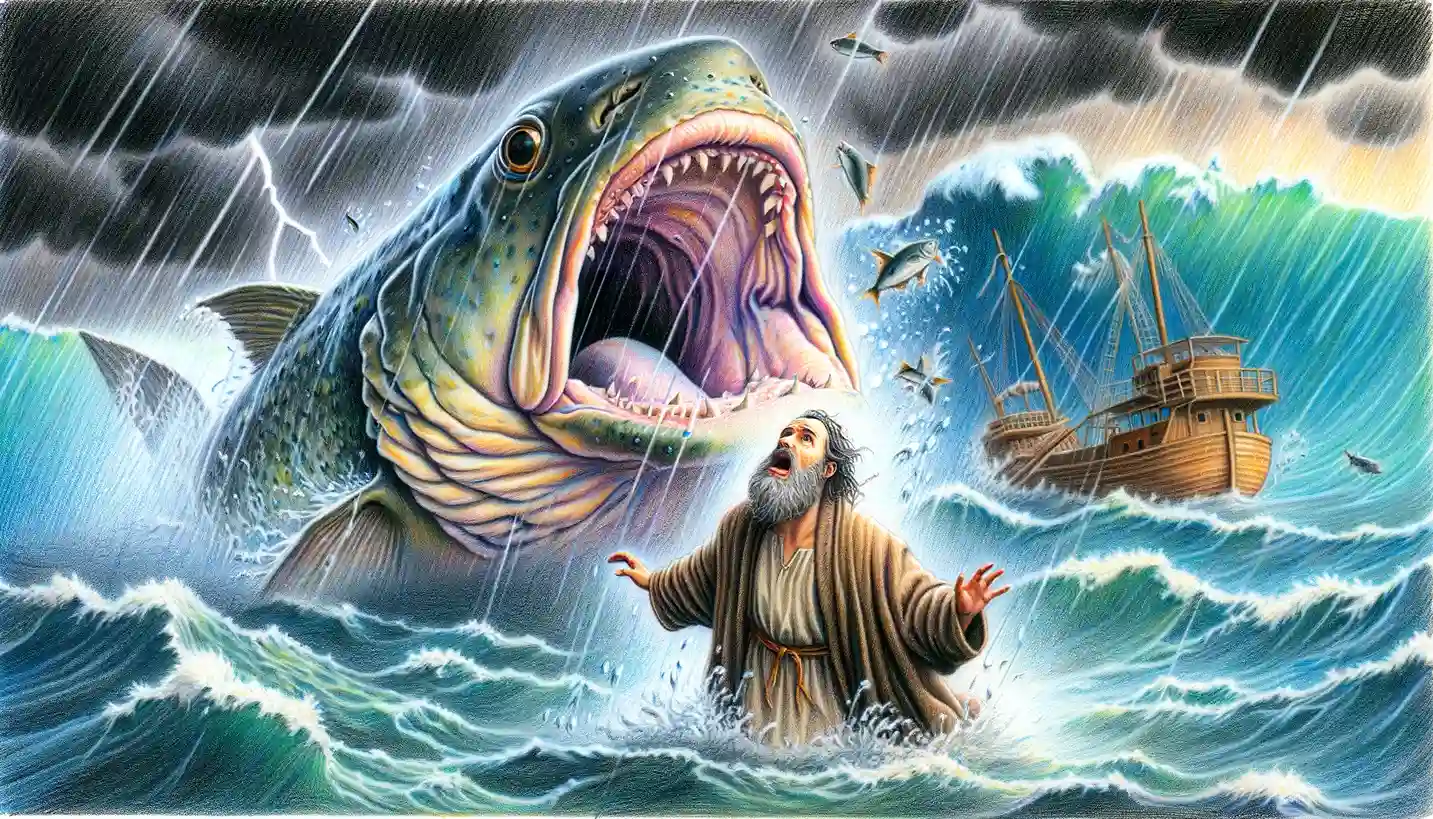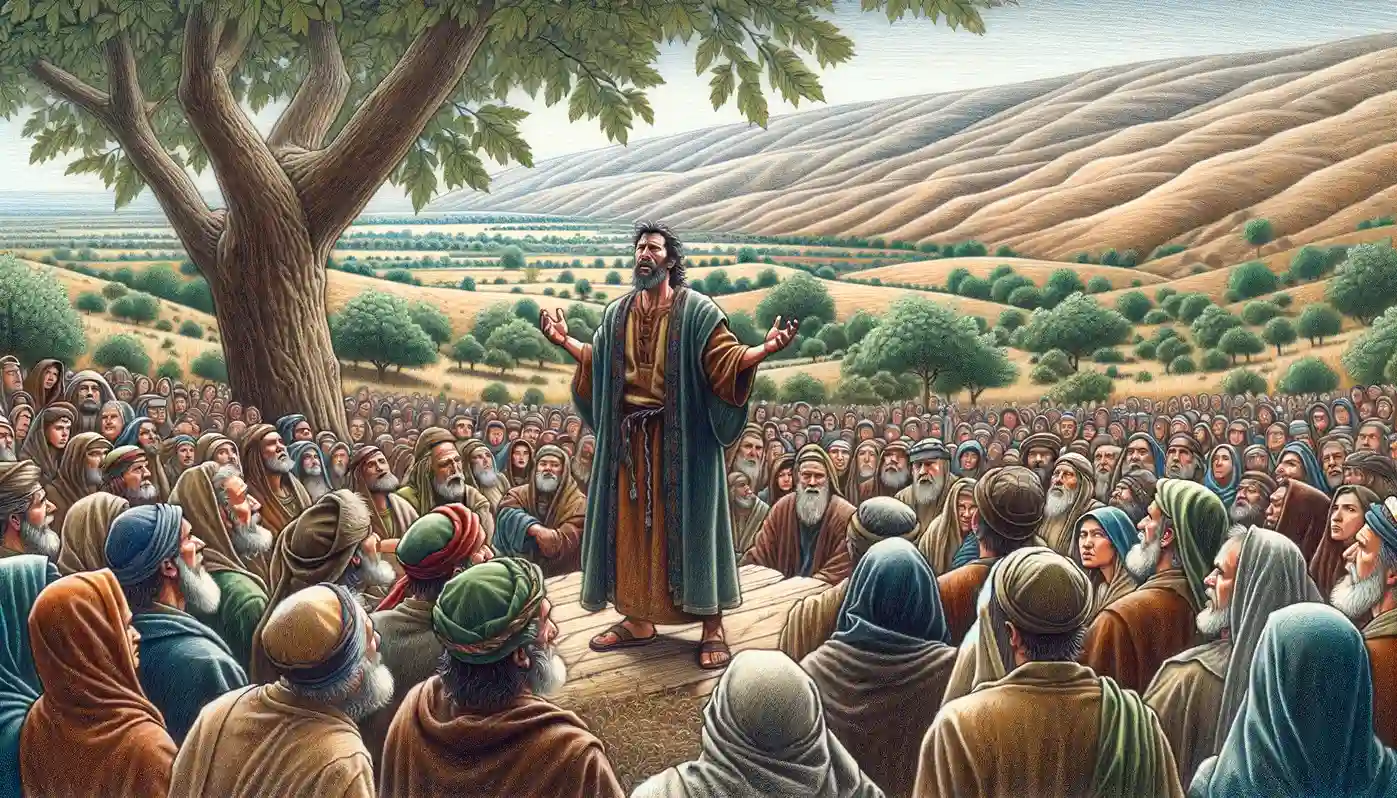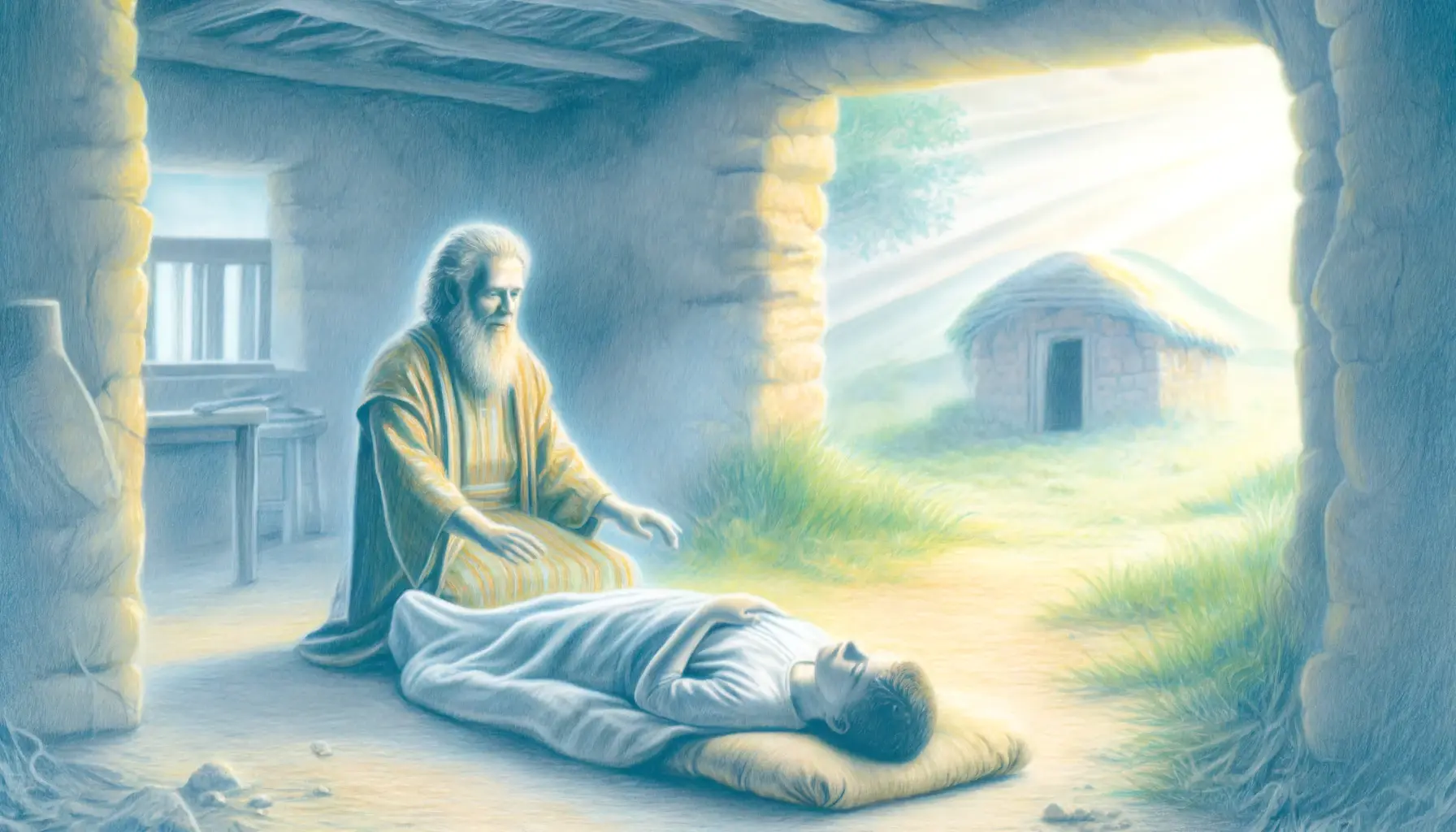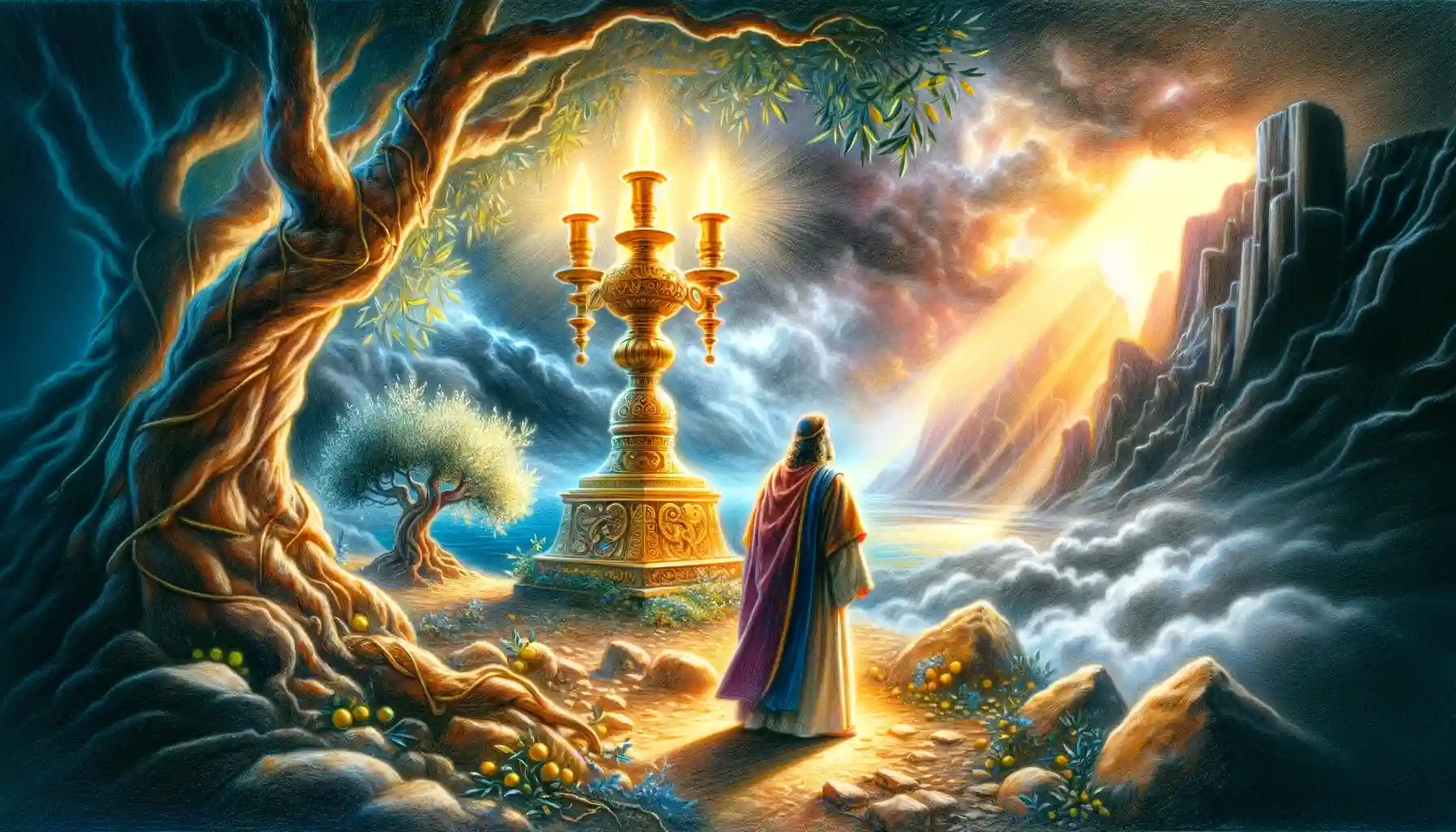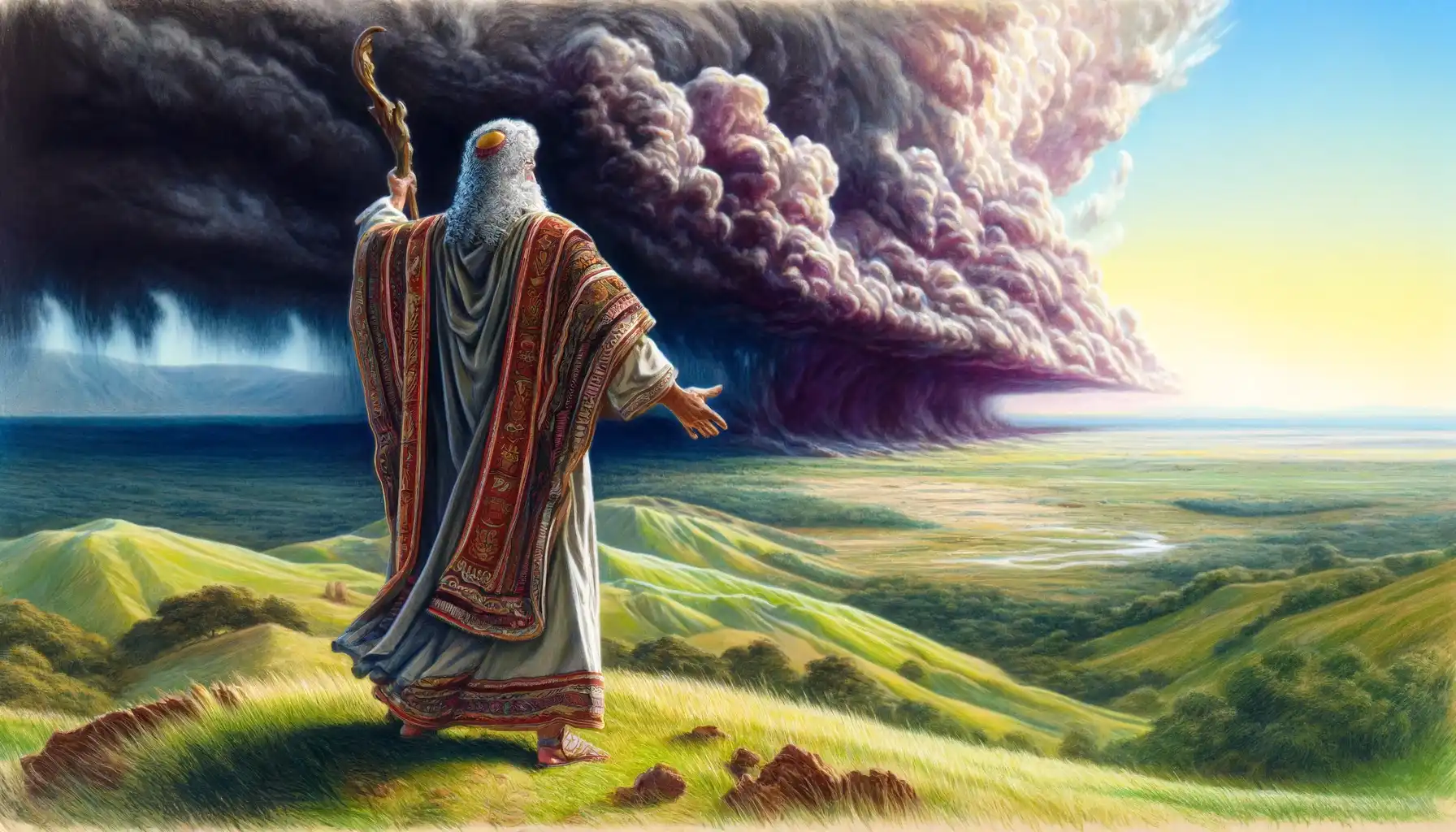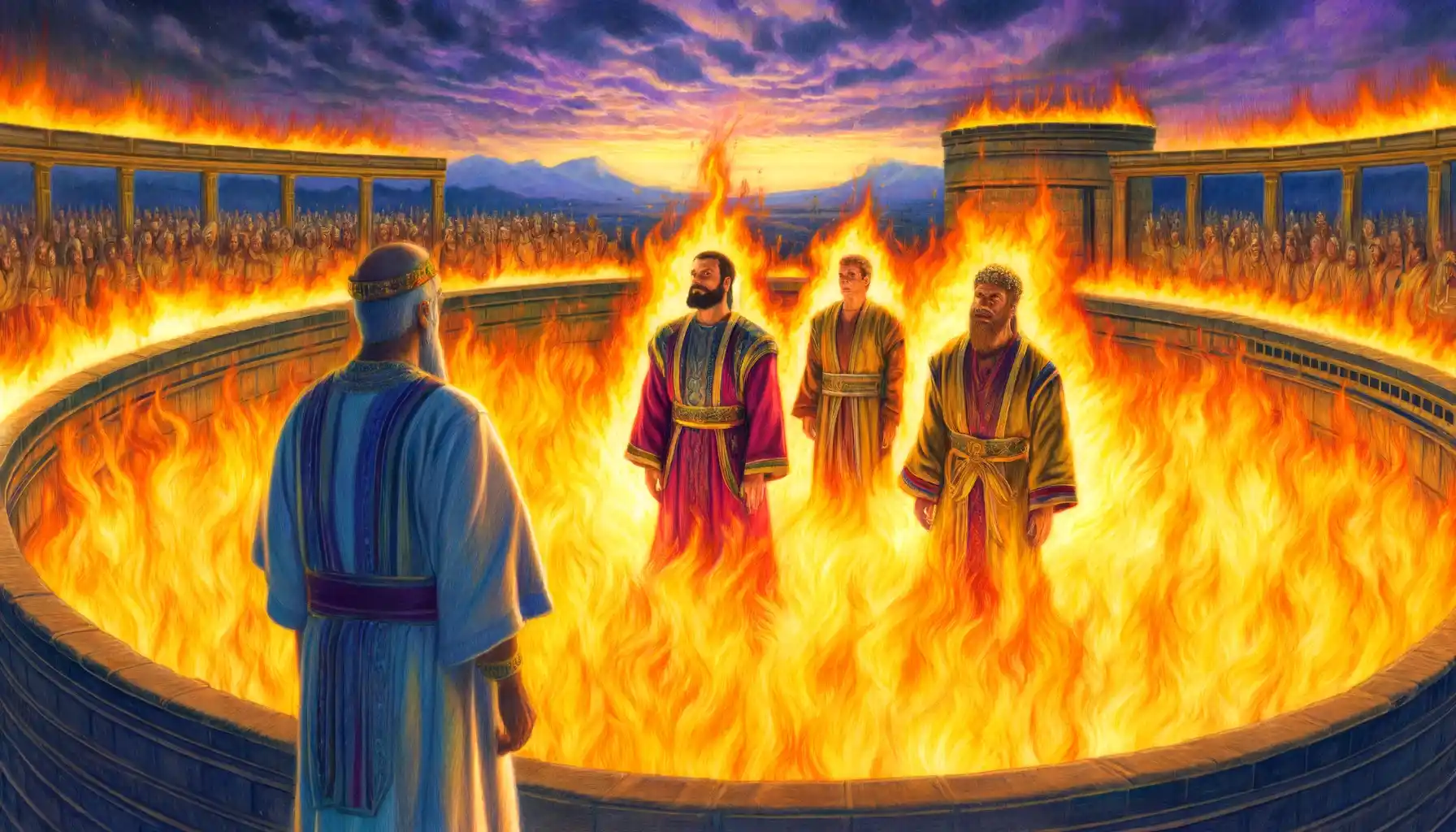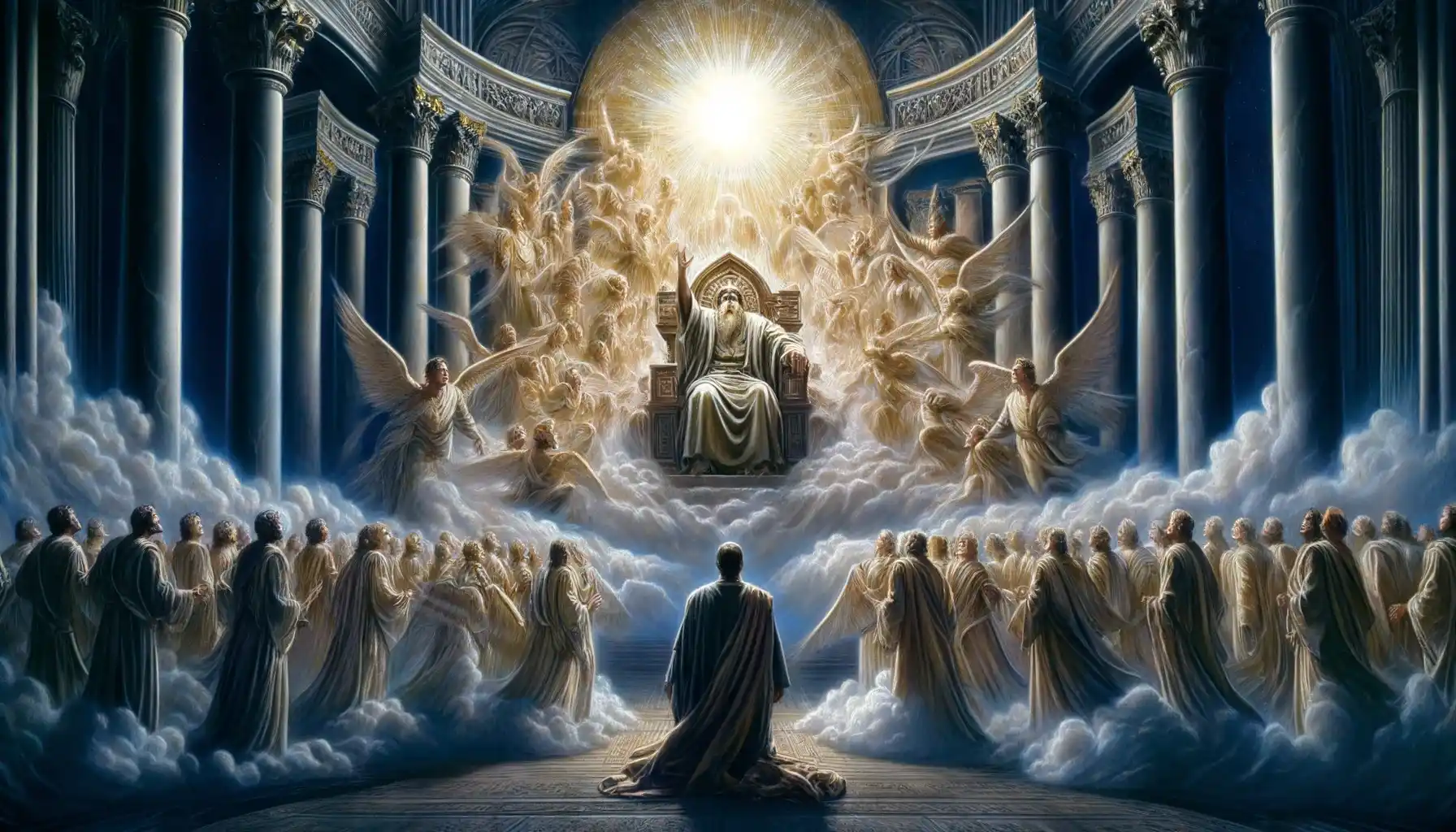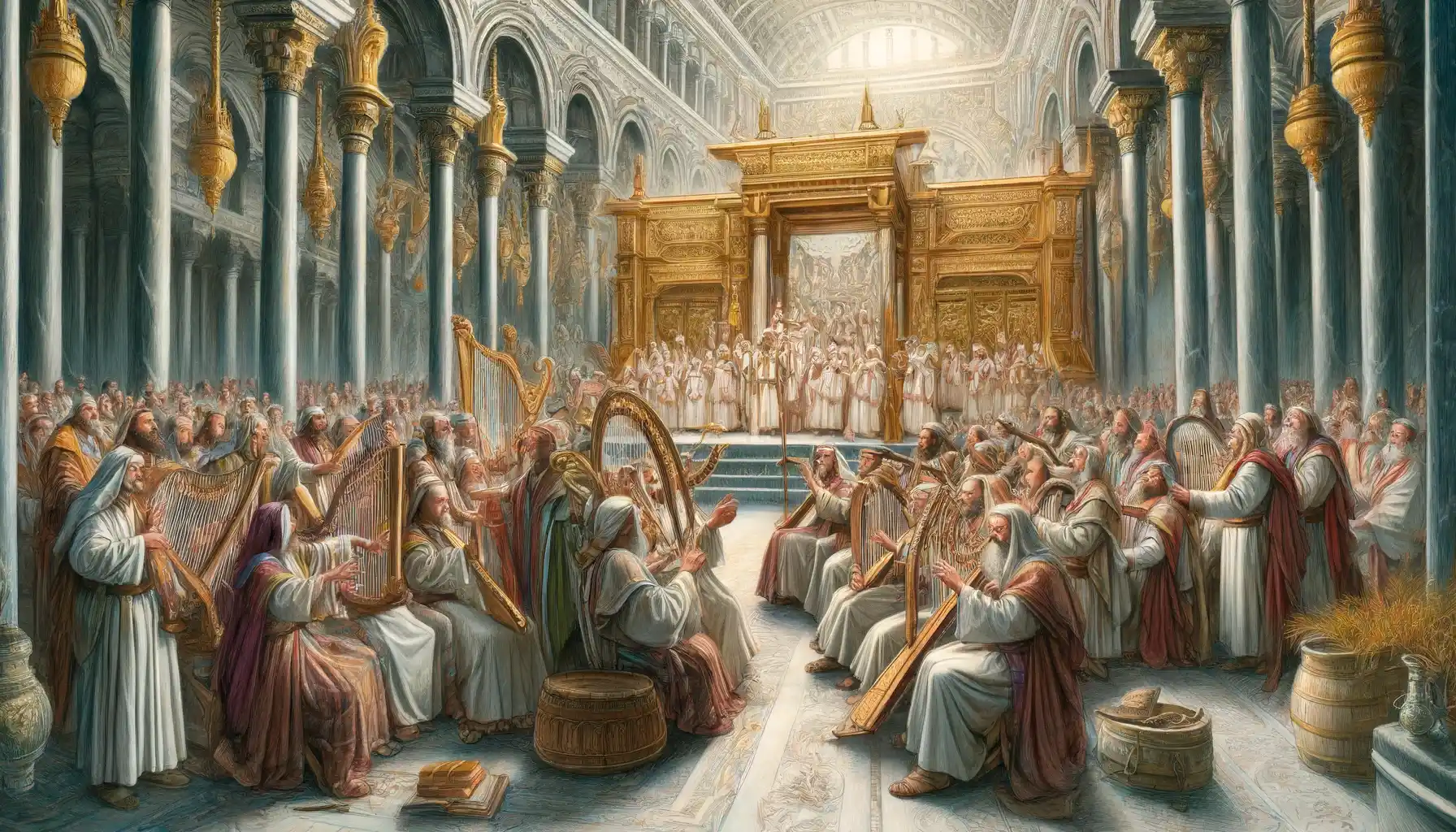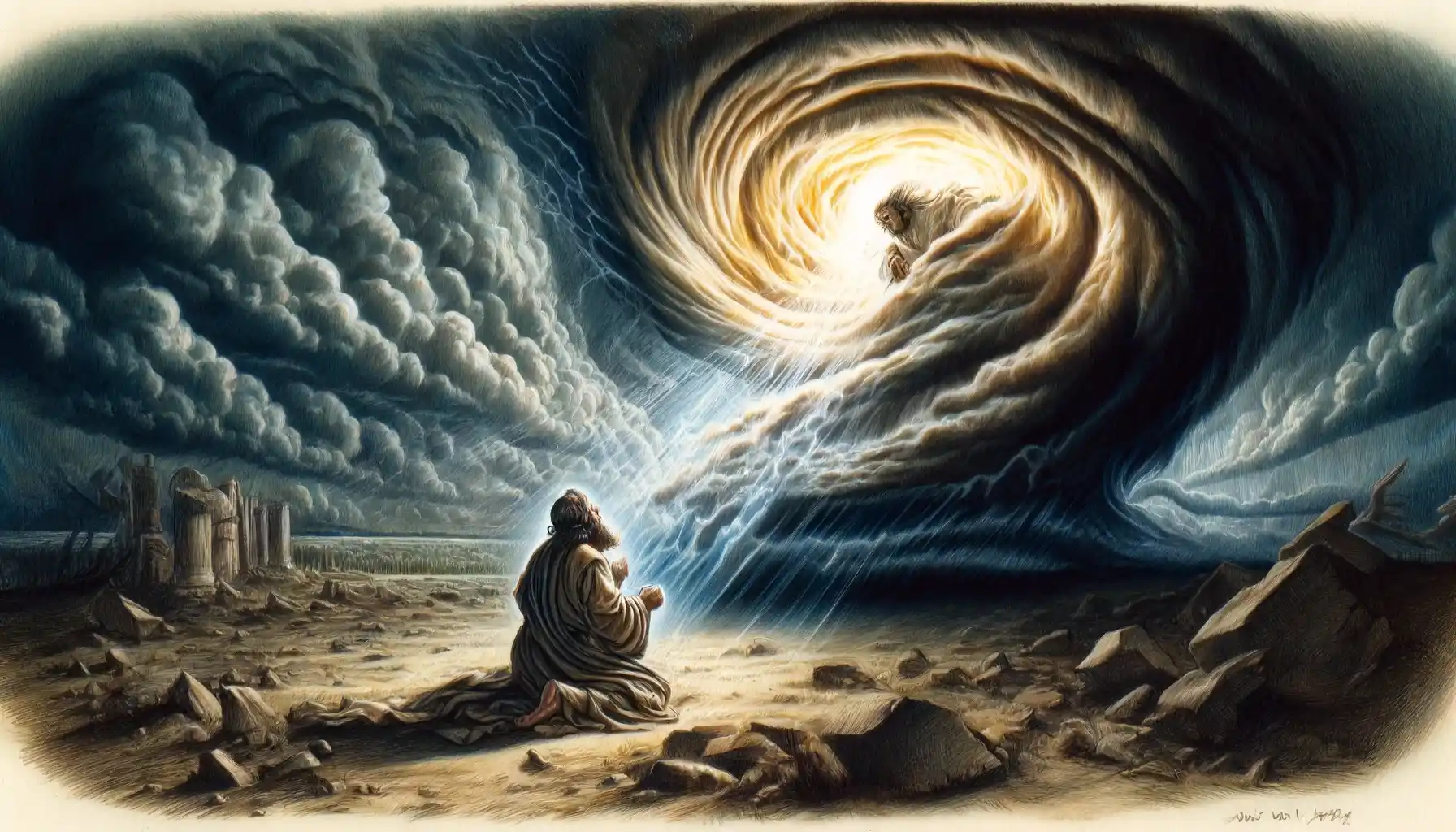Jonah, a prophet known for being swallowed by a great fish, initially fled from God’s command to preach to Nineveh, but after being delivered from the fish, he obeyed and led the city to repentance, demonstrating God’s mercy and the power of repentance.
The Book of Amos is structured into oracles against the nations, speeches highlighting social injustices, and visions of judgment, all emphasizing themes of justice, true worship, and divine sovereignty, culminating in a message that covenantal obligations are fundamentally moral and ethical, demanding a society where equity and righteousness are upheld, ultimately affirming God’s commitment to both judgment and mercy.
In 2 Kings 4:32-37, the resurrection of the Shunammite’s son by Elisha, through an intimate and miraculous act of physical contact, highlights the divine power over life and death and underscores the profound faith of the mother, illustrating the close, reciprocal relationship between God’s prophets and those they serve.
The Seven Seals, Trumpets, and Bowls of Wrath described in Revelation chapters 6 through 16 present a complex series of divine judgments, symbolizing escalating consequences for human sin and unrepentance, and illustrating God’s absolute sovereignty and justice as He moves decisively towards the ultimate restoration of creation and the final defeat of evil.
Zechariah offers a profound blend of encouragement, prophetic visions, and eschatological hope, making it a complex but deeply rewarding book of the Bible.
The Book of Amos remains relevant today as a call to social responsibility and justice within religious practice.
The Book of Daniel provides profound insights into faith, prophecy, and divine sovereignty, making it a critical work for both theological studies and literary exploration.
Isaiah’s writings are celebrated for their literary beauty, depth of theological insight, and their prophetic vision into the future of God’s world.
The Book of Psalms remains one of the most cherished and widely read books in the Bible, rich in poetry and emotion, reflecting the depth and complexity of the human experience with the divine.
The Book of Job is a rich literary and theological work that invites reflection on some of life’s most profound questions, making it a timeless and universally relevant text.

